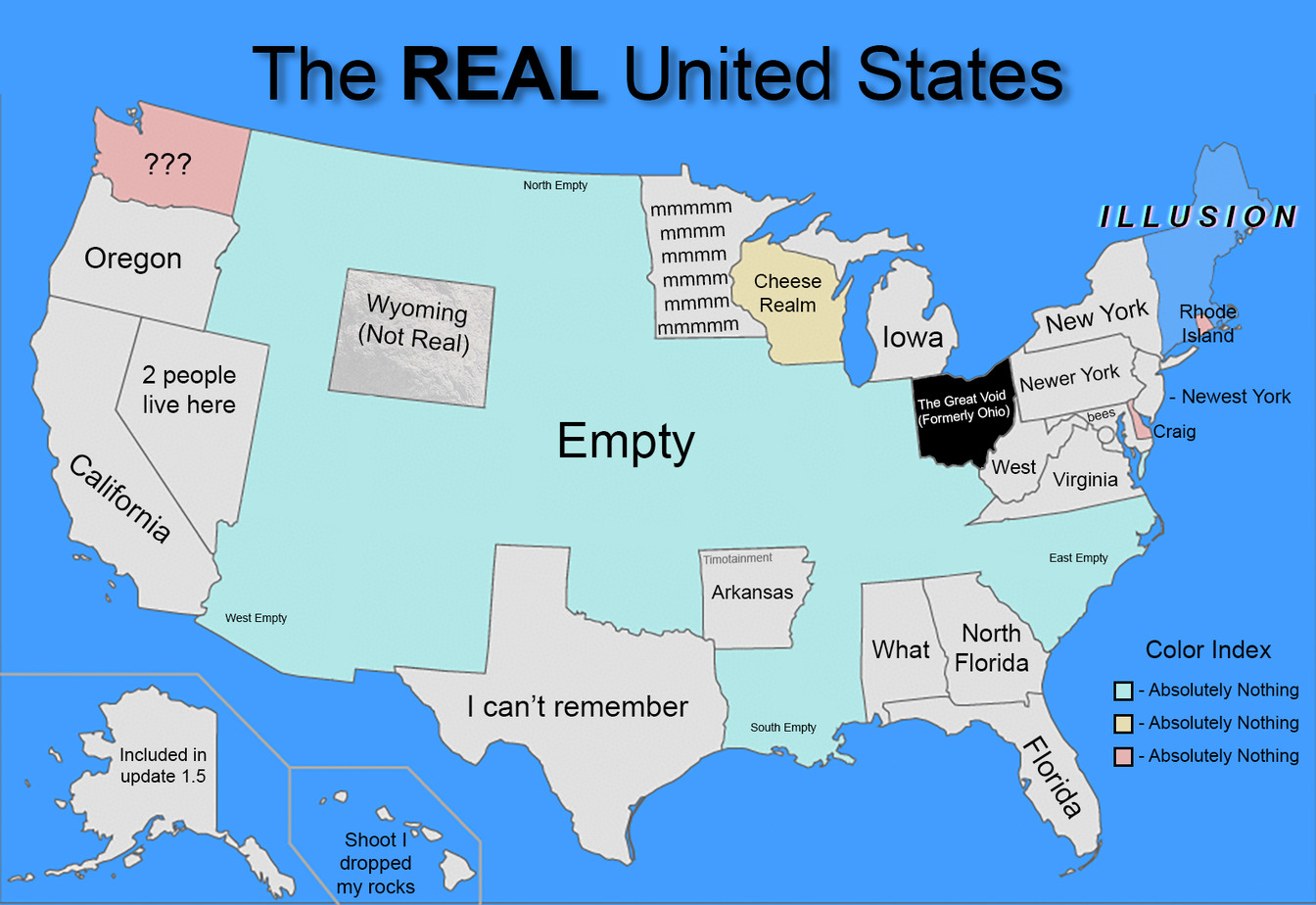Imagine a world where the very fabric of your nation, the foundation of your rights and freedoms, is controlled by a single entity. A corporation with immense power, dictating laws, managing resources, and wielding influence over your daily life. Is this a dystopian nightmare, or a chilling reality? This is the question that has plagued many minds in recent years: Is the United States of America, a nation founded on ideals of liberty and self-governance, actually a corporation?

Image: hubpages.com
This inquiry, fueled by whispers and conspiracy theories, dives into the murky depths of legal definitions, historical context, and economic implications. While the notion of a corporate America might sound like a far-fetched idea, delving deeper reveals a complex web of interconnected systems that have raised eyebrows and sparked discussions about the true nature of our nation’s power structure.
A Nation Under a Corporation? Exploring the Roots of the Debate
The debate regarding the corporate nature of the United States stems from a confluence of historical events, legal interpretations, and economic realities. It revolves around the concept of “corporate personhood,” the legal doctrine that grants corporations the same rights and protections as individuals. This doctrine, solidified by landmark Supreme Court cases, has been the subject of intense scrutiny and debate.
Proponents argue that corporate personhood is essential for economic growth and the protection of business interests, enabling a free market where corporations are free to operate and innovate. However, critics contend that this doctrine has eroded democratic control and empowered corporations with unchecked power, allowing them to influence government policies at the expense of individual citizens.
The Birth of a Nation – and a Corporate State?
To understand the roots of this debate, we must journey back to the very foundation of the United States. The nation’s founding fathers, disillusioned by the corporate control exerted by the British East India Company, sought to establish a government based on individual rights and democratic principles. The Constitution, a document forged in the fires of revolution, enshrined these ideals.
However, the seeds of corporate influence were sown right from the beginning. The corporation as a legal entity was introduced soon after the Revolution, with early charters granted to companies with commercial interests. These early corporations, like the Bank of the United States, were seen as vital to developing infrastructure and stimulating the economy. Yet, even then, warnings were raised about the potential for corporate power to undermine individual liberties.
The 14th Amendment – A Turning Point in the Debate
The 14th Amendment, ratified in 1868, introduced a pivotal shift in the relationship between corporations and the government. The amendment, primarily intended to protect the newly freed slaves, contained a clause guaranteeing “equal protection of the laws” for all “persons.” The judicial interpretation of this clause, over time, led to the extension of “personhood” to corporations.
Landmark Supreme Court cases like Santa Clara County v. Southern Pacific Railroad (1886) and Citizens United v. Federal Election Commission (2010) cemented this legal construct, granting corporations extensive rights, including the freedom of speech and the ability to contribute unlimited funds to political campaigns. These rulings have been hailed by proponents as essential for economic freedom, but critics fear that they have given corporations an undue advantage in shaping the political landscape and influencing policies that directly impact individuals’ lives.

Image: www.memedroid.com
The Rise of Corporate Power – A Nation Redefined?
The 20th century witnessed a dramatic increase in the size and influence of corporations. American life became inextricably intertwined with corporations, from the products we consume to the jobs we hold. This rise in corporate power, fueled by economic globalization and technological advancements, has led to concerns about the concentration of wealth and influence.
The dominance of large corporations in various sectors, from finance to technology, has raised questions about whether democratic principles are being eroded. Some critics argue that the corporate agenda, driven by profit maximization, often clashes with societal interests, leading to a widening gap between the needs of individuals and the priorities of corporations.
The American Corporation – A Leviathan or a Benefactor?
The question of whether the United States is essentially a corporation is a complex one, lacking an easy answer. There is no single definitive document or legal ruling that proclaims the nation as a corporation. However, the historical evolution of corporate law, the extension of “personhood” to corporations, and the growing influence of corporations in various aspects of American life have fueled this debate.
It’s undeniable that corporations play a significant role in the American economy, providing jobs, innovation, and contributing to societal progress. Yet, their growing influence has generated concerns about their impact on democracy, social justice, and environmental protection. Whether corporations are a force for good or a threat to individual rights is a subject of ongoing debate, reflecting the tension between economic growth and individual liberties.
Navigating a Complex Landscape – Understanding the Reality
The debate regarding the corporate nature of the United States is not about assigning blame but about fostering a deeper understanding of the complex interplay between corporations, government, and individuals. It’s about recognizing the limitations of current legal frameworks and exploring alternative approaches to ensuring that corporate power remains aligned with democratic principles and the well-being of society.
This debate necessitates ongoing dialogue and the responsible exercise of power by both government and corporations. It calls for a renewed commitment to transparency, accountability, and a focus on safeguarding the rights and interests of individuals, ensuring that the American dream remains a reality for all.
Is The United States Of America A Corporation
A Deeper Dive – Resources for Further Exploration
The discussion about the corporate nature of the United States is far from over. It’s a conversation that requires continued engagement, informed perspectives, and a willingness to challenge established paradigms. To delve deeper into this topic, explore these resources:
- The Center for Corporate Policy: This organization focuses on promoting corporate accountability and reducing the influence of corporate money in politics.
- The Institute for Policy Studies: This think tank analyzes the power of corporations and their impact on society, advocating for policies that prioritize human interests over corporate interests.
- The Democracy Collaborative: This organization advocates for democratic ownership of corporations and promotes the development of a more just and equitable economy.
By engaging in informed discussions, utilizing reliable resources, and actively participating in shaping the future, we can ensure that the United States remains a nation where the voice of the people prevails, where corporations are held accountable, and where individual freedom and societal well-being are prioritized.






